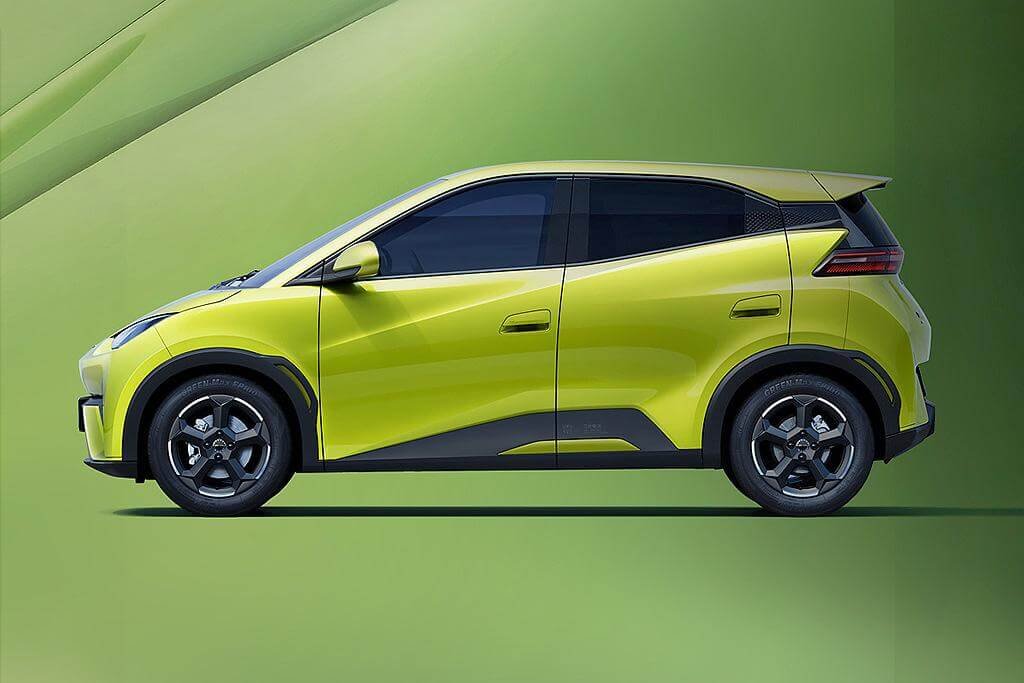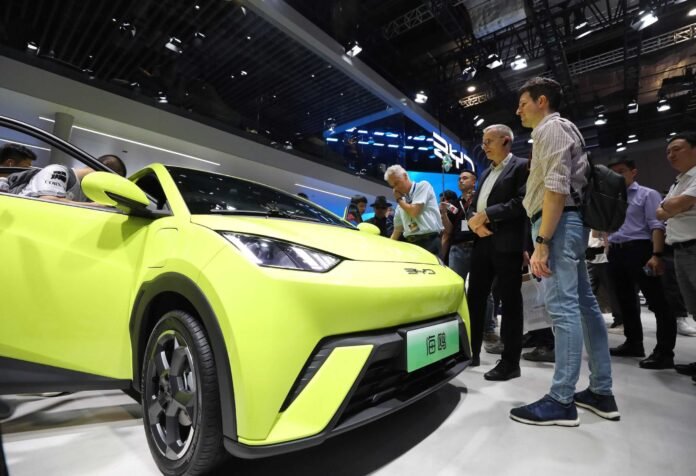This Content Is Only For Paid Member
Japan’s automakers are making a strong comeback with their first motor show in four years, aiming to demonstrate their commitment to remaining prominent global players in the era of electric vehicles. The event, now known as the Japan Mobility Show, comes at a critical time when Japan faces the prospect of losing its top position as the world’s leading car exporter to China and slipping to the third-largest economy behind Germany. With the domestic market shrinking and European and US markets increasingly embracing EVs, automakers like Toyota Motor Corp., Honda Motor Co., and others are under mounting pressure to transition away from internal combustion engines.
Nissan Embraces Alliance for Electric Transition: Nissan is turning to its partnership with Renault and Mitsubishi Motors to help manage the costs associated with transitioning to EVs, according to CEO Makoto Uchida. The collaboration aims to maximize resources, given the significant investments required to make the shift.

Nissan’s Innovative Hyper Force Concept: Nissan unveiled several concept models of electric cars, including the Hyper Force, featuring virtual reality capabilities that allow drivers to engage in gaming while the vehicle is stationary. The simulation technology is seen as a groundbreaking development, enhancing the driving experience.
BYD Expands Reach in Japan: China’s largest carmaker, BYD, which is poised to overtake Tesla as the world’s largest electric vehicle seller, is making inroads into the Japanese market. The company began selling its all-electric Atto-3 SUV and Dolphin hatchback earlier this year and plans to introduce its Seal electric sedan next spring.
Yamaha’s Unique Electric Three-Wheeler: Yamaha showcased the Tricera, an open-topped three-wheeler EV under its “Urban Exciting Mobility” concept, which envisions an integrated experience where the driver, vehicle, and mind come together.
Lexus Takes on Tesla and BYD: Toyota’s premium brand, Lexus, is preparing to go carbon neutral by 2035 with its LF-ZC concept, set to challenge Tesla and BYD. The EV, scheduled for release in 2026, boasts an extended range, fast charging, and advanced features through Toyota’s Arene software.
Honda’s Multi-Dimensional Approach: Honda introduced an electric-powered vertical takeoff and landing aircraft, an avatar robot, and its HondaJet business plane, emphasizing its vision for a future where people can move freely on land, sea, air, and even outer space.
Subaru’s Motorsports EV and Flying Car: Subaru unveiled a motorsports EV concept and a flying car that has undergone preliminary tests. The challenge lies in how these innovations will integrate into people’s lives.
Mercedes-Benz Aims for EV Sales Growth in Japan: Mercedes-Benz Japan CEO Kintaro Ueno expressed hope for doubling the company’s EV sales in Japan this year, planning to install fast chargers in the country by 2024. He noted that the entire EV market is still in its early stages, with imported cars gaining traction.
Mazda’s Hybrid Sports Car: Mazda unveiled a concept sports car that combines its iconic rotary engine technology with a hybrid powertrain that allows for plug-in charging, offering versatility for various driving experiences.
Toyota’s Vision for an EV Future: Toyota CEO Koji Sato presented several battery-based concept cars that underscore the company’s commitment to EVs as the foundation of its future. Toyota’s forthcoming software, Arene, will enable drivers to order food and access entertainment, enhancing the appeal of EVs for diverse customer needs.




